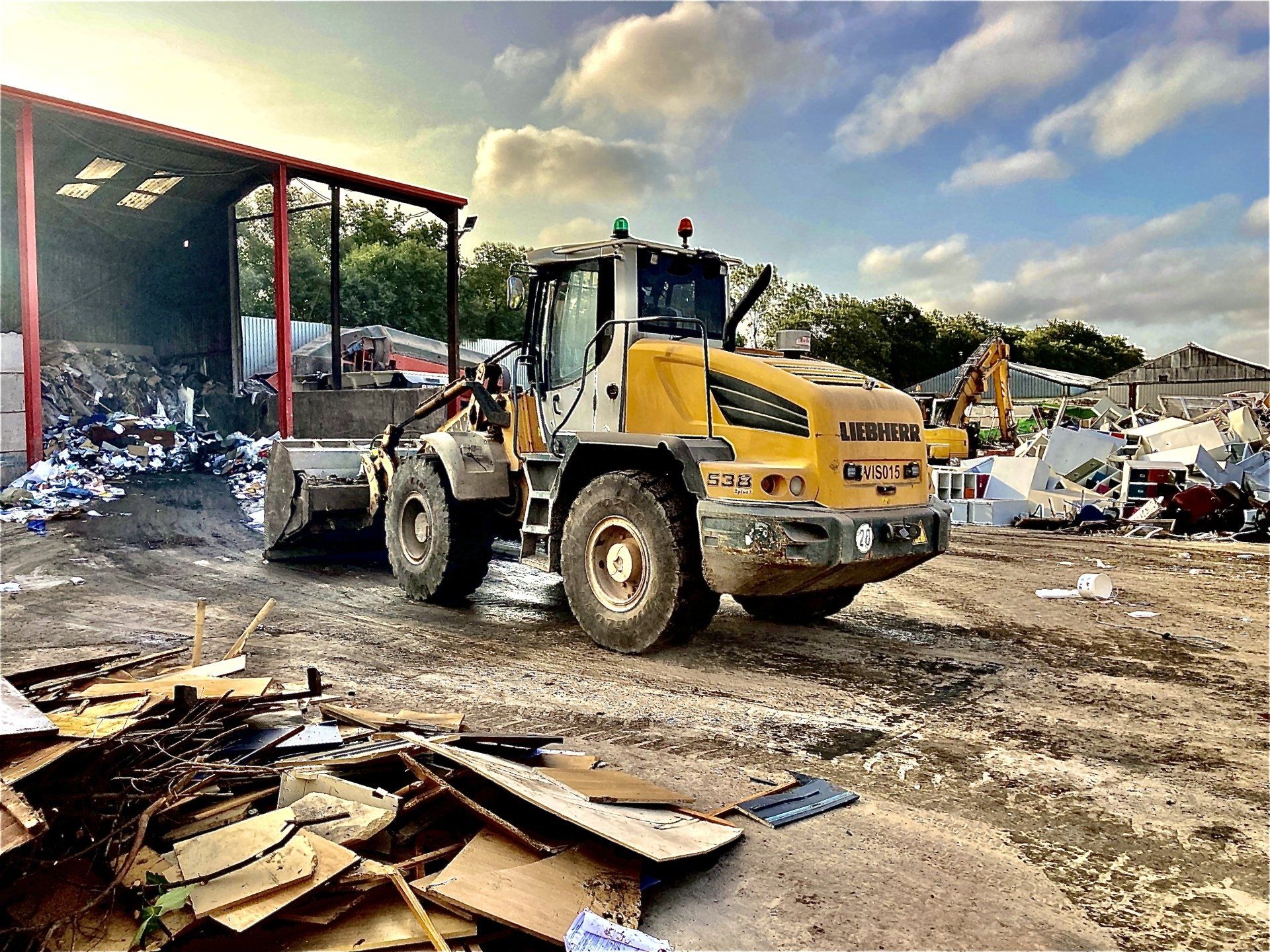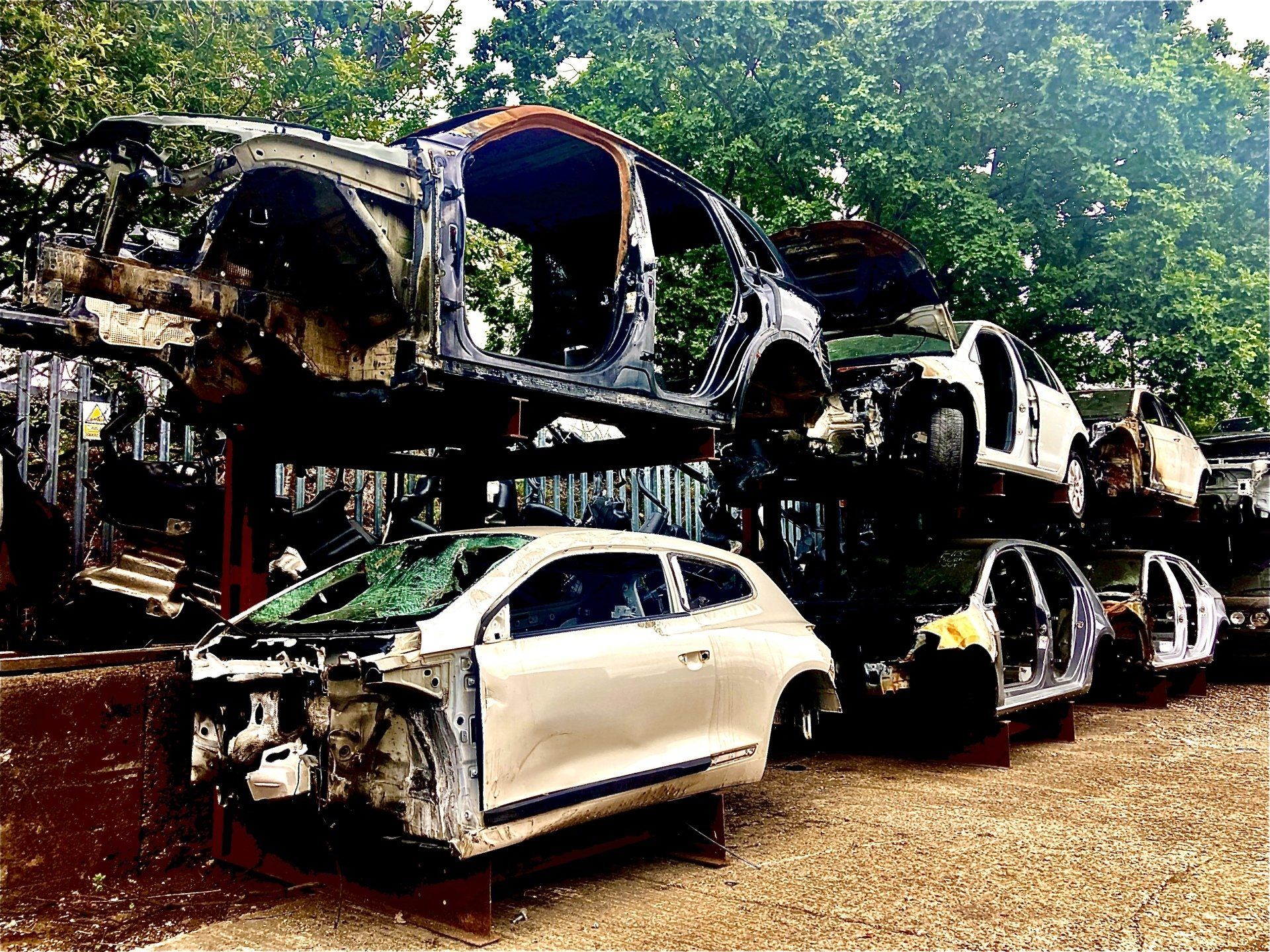Environmental Permits
Environmental Permits
So you’ve got a waste business and you have an environmental permit, or you looking for a new site, or maybe you are just starting out. Ultimately many companies require an environmental permit.
There are different levels of environmental permits from Part A to Part B. However for the purpose of this article is will focus on those permits that cover waste management activities and are often referred to as waste management licences from the days before the Environment Agency began regulating the waste management sector
Which Regulator?
Environmental Permits for waste management activities are issued in England by the Environment Agency (EA), in Wales Natural Resources Wales (NRW) and in Scotland Scottish Environmental Protection Agency (SEPA). The permit issuer ultimately becomes the regulator for the permit.
Environmental permits come in two forms, Standard Rules and Bespoke. And yes if you venture above certain thresholds you may require an installation permit for N activity such as a landfill. There are also Waste Exceptions for sampler lower risk activities and Low Risk Regulators Position Statements that an operators can work within.
If you cannot work within a Waste Exceptions for sampler lower risk activities or a Low Risk Regulators Position Statement you will require an Environmental Permit and if you are lucky you can operate under a Standard Rules set.
Standard Rules Environmental Permits offer a simple route to gaining a permit and also at a lower cost. We can apply for Standard Rules Environmental Permits
Standard Rules Environmental Permits are pre written and set out the types and amounts of waste you can treat and also the methods you can use to treat it. They also have set location requirements such as not being within a certain distance of a Site of Special Scientific Interest (SSSI), a dwelling or a water body such as a river. Standard Rules Environmental Permits are by there nature lower in risk to the environment. Standard Rules Environmental Permits offer a simple route to gaining a permit and also at a lower cost. It is also simple to see which supporting documents are required with a permit application such as Fire Prevention Plan or a Dust Management Plan.
Bespoke Environmental Permits
If your proposed operation falls outside of these rules, then you will require a Bespoke Environmental Permit. The benefits of Bespoke Environmental Permit is that you can build your own, hence the bespoke. This means you can choose the waste types and how much you treat and store. This also means that you can take liquid wastes as an example. In addition you can choose the location for your site. all of the above means that when a Bespoke Environmental Permit is applied for all of the above must be justified and an the requirements for supporting documents such as Fire Prevention Plans and Dust, odour and noise management Plans. This also means that the application fee is higher and ultimately takes longer for. Consultant to apply for the permit and for the Environment Agency to review and issue.
Hopefully the above will provide some clarity on why there is a difference between Environmental Permits and the reasons for different types of Environmental Permit applications.




